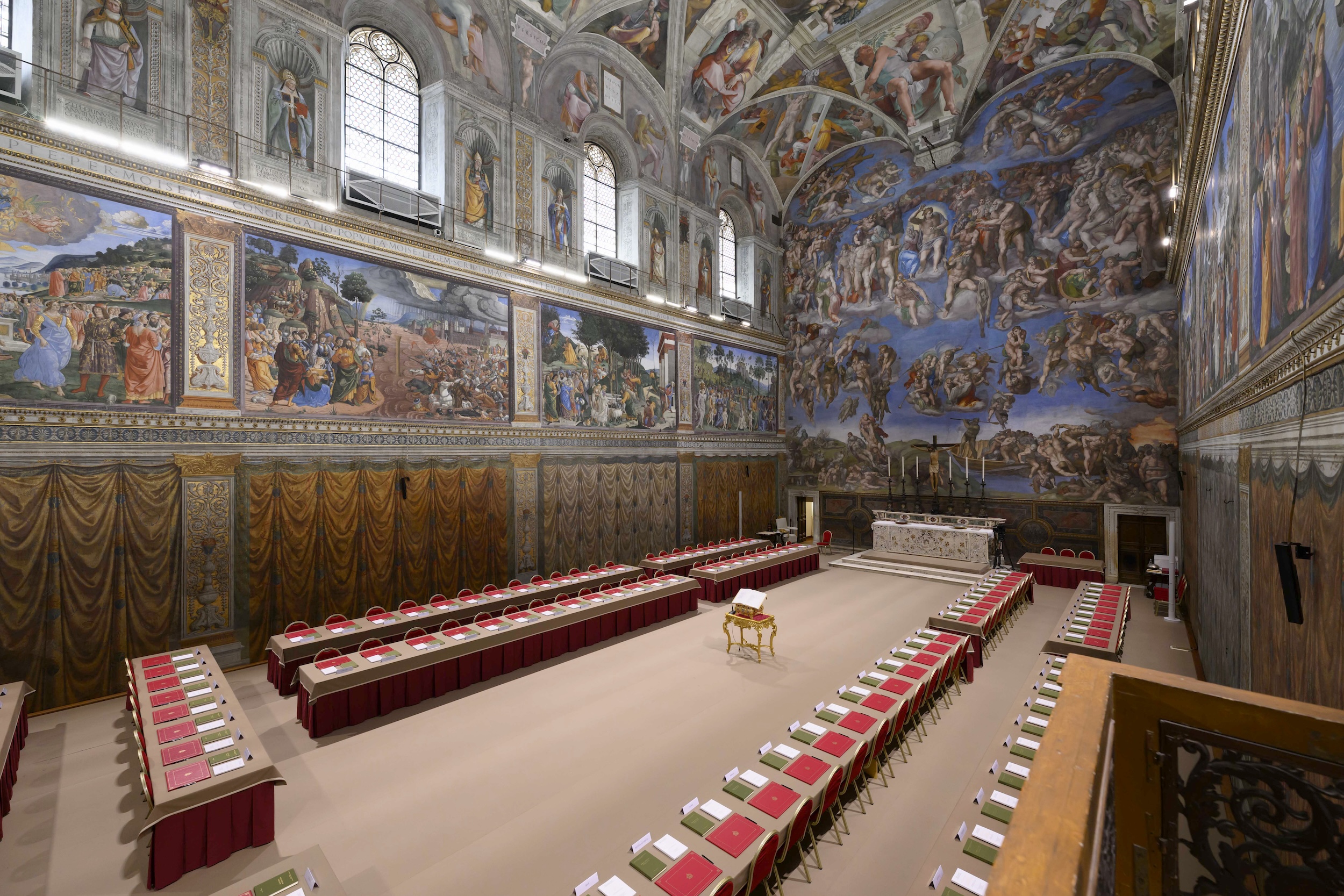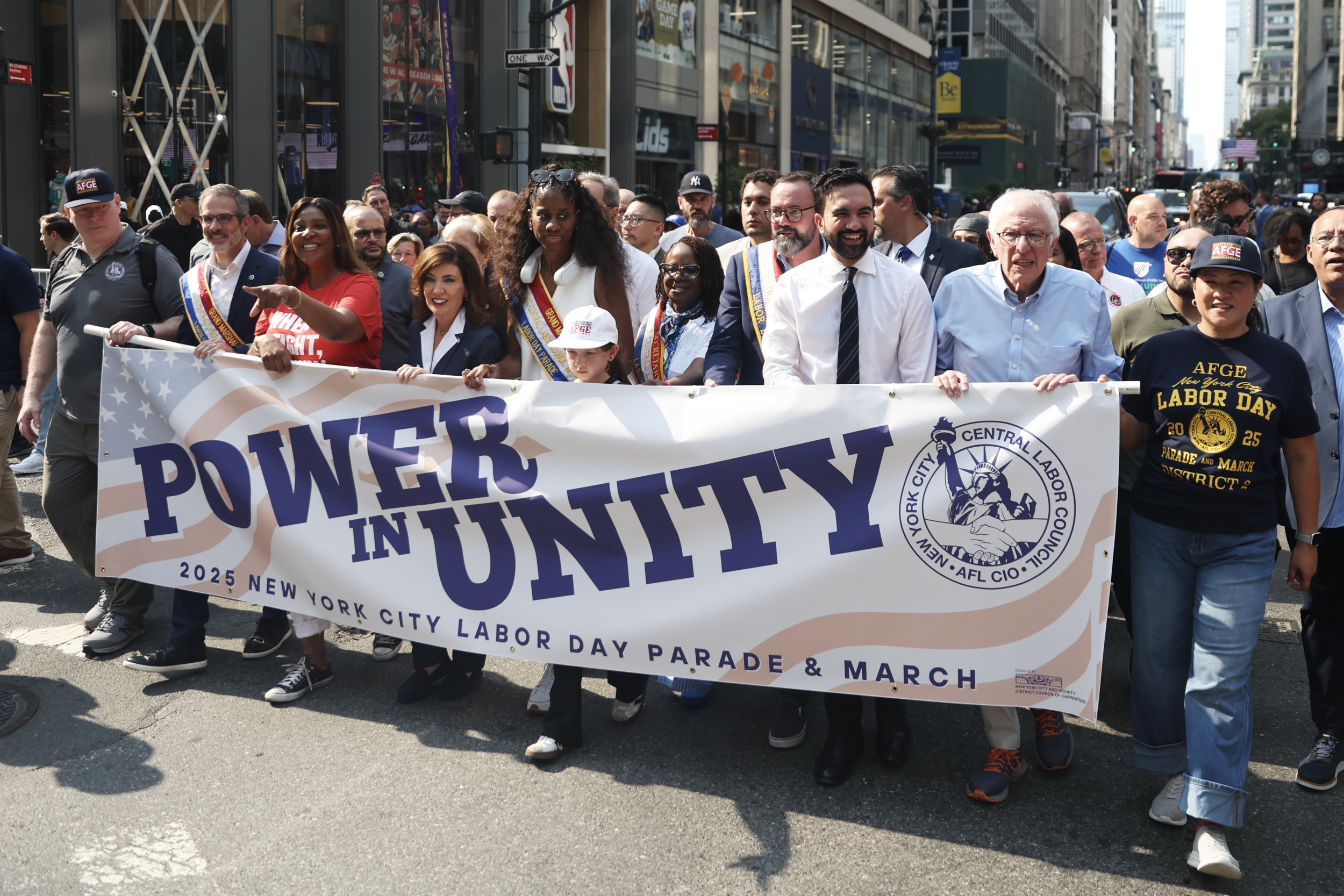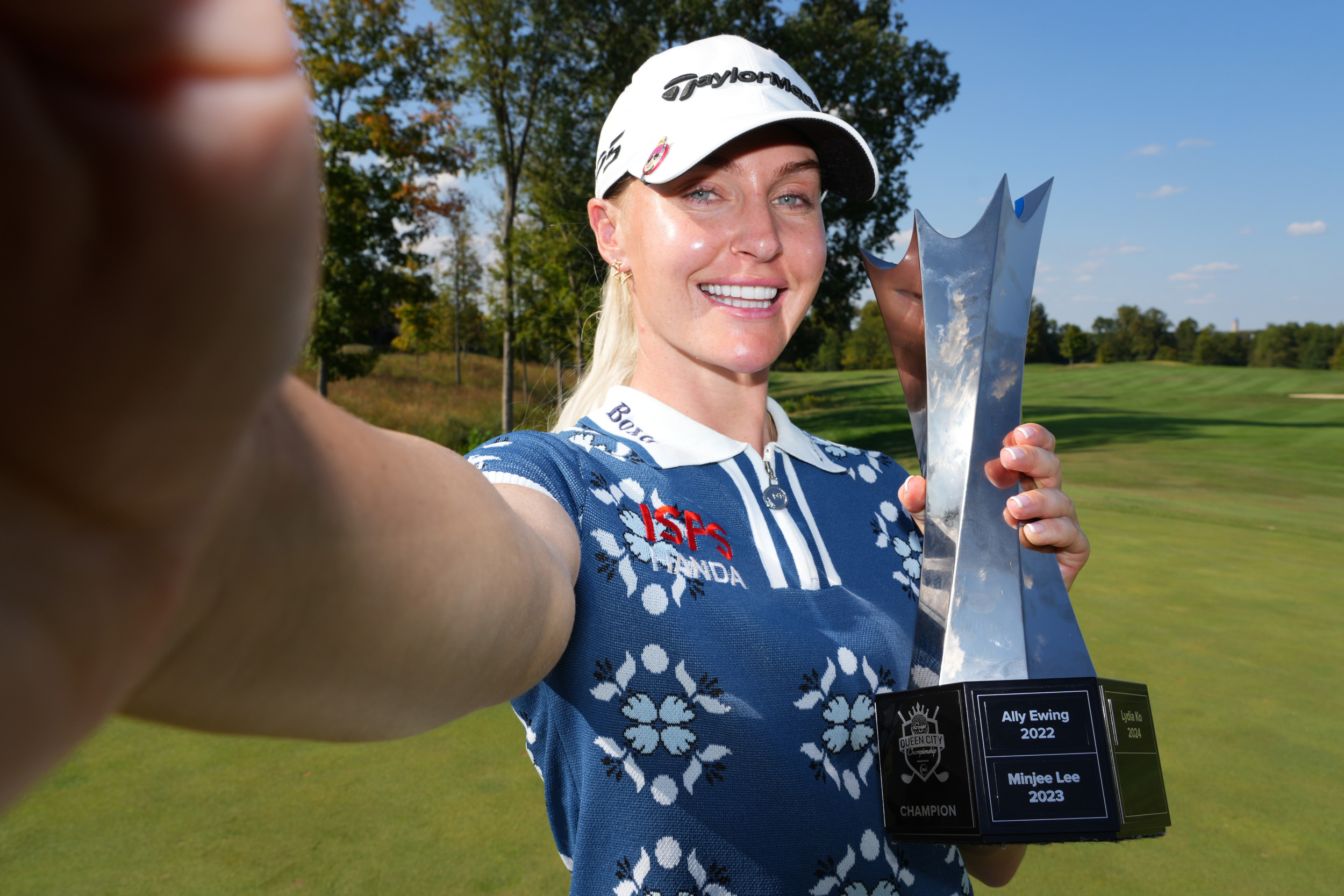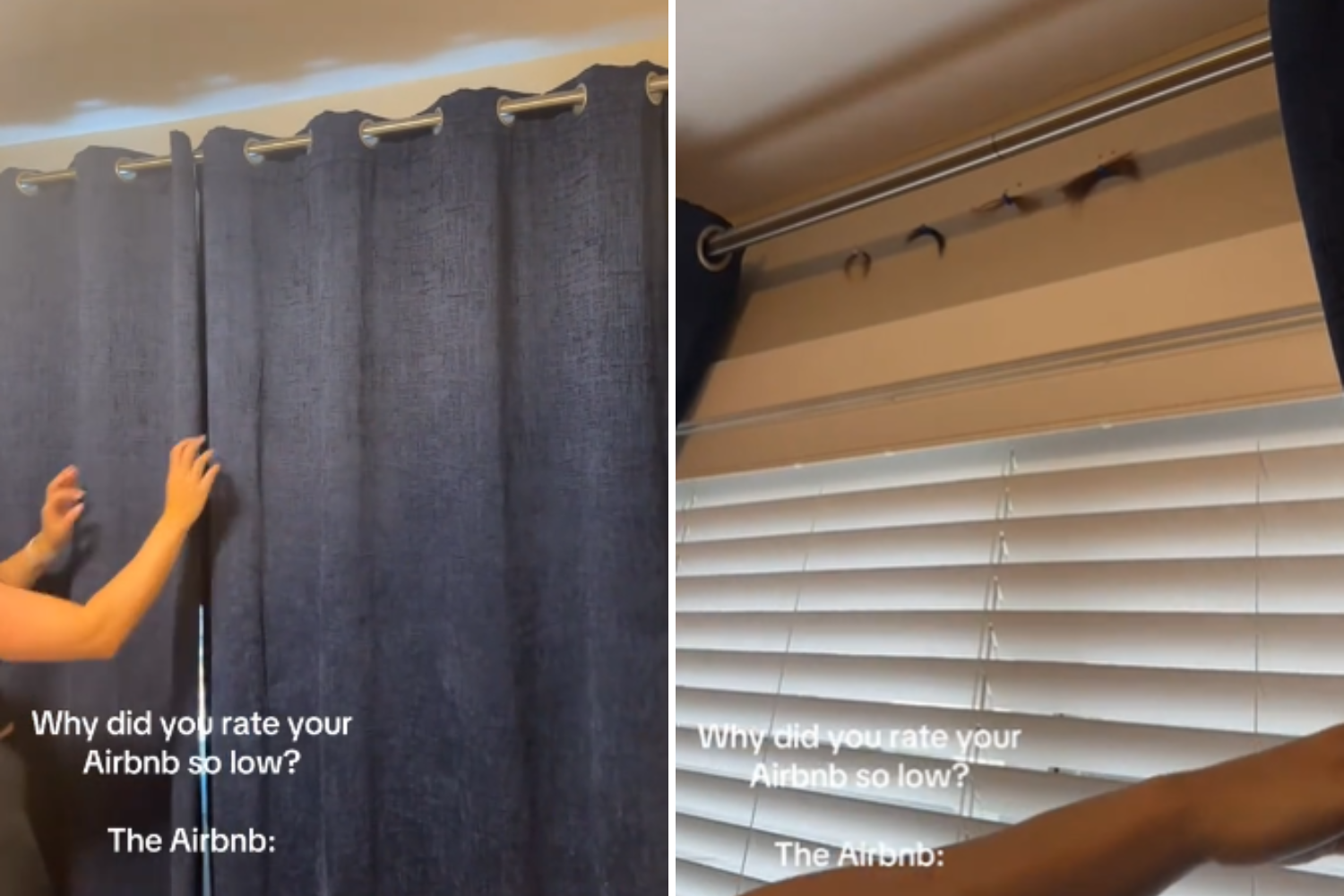
“It looks like Pope Francis brought us together.”
Father James Martin said these words to me as we embraced at Pope Francis’ funeral in Rome on April 26. The priest is surely the most famous Catholic advocate for a more inclusive approach to LGBT people. As a traditional Catholic, I don’t share many of his views. But I agree—and am grateful—that Pope Francis did indeed bring us together, not only at the funeral but over the past several years.
Deepening unity among Catholics will be the greatest challenge facing the next pope, who will be elected as early as Wednesday. But to ensure that happens, the cardinals who will choose Pope Francis’ successor also need to acknowledge the many divisions that need to be healed.
Pope Francis’ legacy is certainly one of striving for unity. He beautifully called on every Catholic to come together in serving the poor, the vulnerable, the outcast—everyone who he rightly described as being on “the peripheries.” This included reaching out to LGBT people.
While many Catholics disagreed about what exactly the pope meant, there’s no doubt that he wanted us all to show more compassion and understanding. For me, this meant hosting regular group dinners with Catholic priests and leaders who don’t agree with the Church’s teaching on many tough topics. These dinners, which Father Martin helped me organize and more than 140 Catholics have participated in since 2023, have forged lasting friendships and helped us find our shared love of Jesus Christ.
I wouldn’t have realized this without Pope Francis’ relentless emphasis on unity. But the unfortunate truth is that the late Holy Father also let some divisions deepen on his watch. I think of his restrictions on the traditional Latin Mass. While I don’t go to such a Mass, those who do are often highly devoted Catholics. Pope Francis also chastised popular Catholic group Opus Dei. Again, I’m not a member, but I know many priests and parishioners who are. Members of Opus Dei love the Church, and tend to be more theologically traditional. Targeting them sows division where it doesn’t need to exist.
Healing those wounds will fall to the next pope. But the more immediate need is for the cardinals who elect the pope to face the reality of what the Church needs. It’s not merely a message of unity. It’s the kind of unity that comes from bridging divides.
The next pope will be chosen by about 133 cardinals—essentially senior priests selected by the pope to lead the Church around the world—meeting in secret starting Wednesday.

Vatican Media via Vatican Pool/Getty Images
Many of them are from the Church’s “progressive” wing, favoring broad changes to the Church’s approach to human sexuality and other hot-button issues. Many others are theologically traditional, emphasizing continuity with 2,000 years of Church doctrine.
And still more can be described as “moderate.” Their main concern is neither keeping the Church “relevant” nor “traditional,” but stable. They don’t want to rock the boat.
The challenge is that none of these voting blocs have a majority, which means that in all likelihood, the next pope will be a consensus candidate. That probably means someone who can appease enough of the traditionalists, enough of the progressives, and a solid majority of the moderates.
That lends itself to choosing someone who will heal divisions instead of widening them. It could be someone who may deepen outreach to marginalized people—a core part of the Church’s mission—while restoring trust with traditional Catholics—a core part of the Church’s membership in the pews.
Who fits the bill? It’s hard to say. My own preference would be for someone like Hungarian Cardinal Péter Erdő—a more-or-less theological traditionalist who’s also pragmatic and moderate in his rhetoric and pastoral style. But it’s eminently possible that a relatively unknown candidate strikes the right balance. Singapore Cardinal William Goh and South Korean Cardinal Lazarus You Heung-Sik come to mind.
Only God knows who the cardinals will choose. But that still leaves the cardinals with the difficult task of discerning God’s will and the true state of the Church. They should absolutely choose someone who continues to bring Catholics together, echoing the words that Father James Martin said to me at Pope Francis’s funeral. But they should also choose someone who understands that true unity requires healing divisions, not making them deeper by punishing disfavored groups within the Church.
It won’t be easy. But more than 1.4 billion Catholics across the world are counting on the cardinals to get this right.
Tim Busch is founder of the Napa Institute, a Catholic organization.
The views expressed in this article are the writer’s own.





